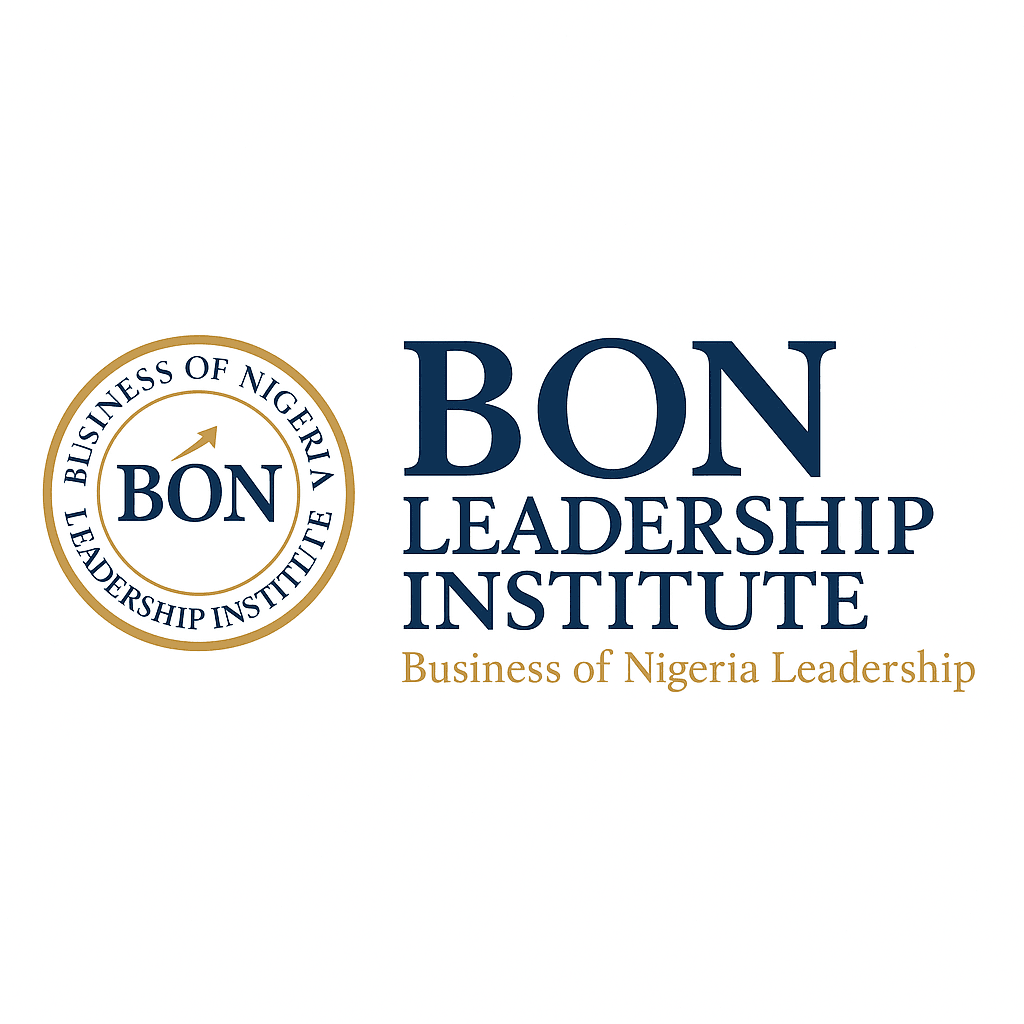Leveraging the Diaspora: The Role of International Voices in Nigerian Leadership
The Growing Influence of the Nigerian Diaspora
The Nigerian diaspora has become a formidable force in shaping the future of Nigeria, particularly in leadership roles. With millions of Nigerians residing abroad, their influence is increasingly significant in driving change and fostering development back home. These international voices bring unique perspectives and experiences that can be leveraged to enhance governance and leadership in Nigeria.
As globalization continues to break down borders, the contributions of the Nigerian diaspora are more crucial than ever. Many of these individuals are highly educated and experienced in diverse fields, from technology to finance, which offers a wealth of knowledge that can be tapped into for national progress.

Bridging the Knowledge Gap
The diaspora's exposure to different cultures and systems provides them with a comparative advantage when it comes to problem-solving and innovation. For Nigeria to harness this advantage, there needs to be a concerted effort to engage these individuals in national discourse. This can be achieved through forums, conferences, and policy advisory roles that allow diaspora members to contribute their expertise.
Moreover, these individuals can act as bridges between Nigeria and the nations where they reside, facilitating partnerships and collaborations that can lead to technological advancements and economic growth. Their ability to navigate different cultural contexts makes them adept at creating symbiotic relationships that benefit all parties involved.
Empowering Diaspora-Led Initiatives
One way to effectively utilize the diaspora's potential is by supporting diaspora-led initiatives. These initiatives often focus on critical areas such as healthcare, education, and entrepreneurship. By providing resources and creating an enabling environment, Nigeria can empower these projects to achieve sustainable impact.
The government can play a pivotal role by establishing platforms that encourage diaspora engagement. This may include streamlined processes for investment in Nigerian businesses or incentives for those wishing to return and contribute their skills directly.

Challenges and Opportunities
Despite their potential, the diaspora faces several challenges when attempting to engage with Nigerian leadership. Issues such as bureaucracy, political instability, and lack of infrastructure can hinder their contributions. However, these challenges also present opportunities for meaningful reform and collaboration.
By addressing these barriers, Nigeria can create an environment that not only welcomes but also thrives on international input. Encouraging dialogue between domestic leaders and diaspora communities can foster mutual understanding and accelerate national development.
The Path Forward
For Nigeria to fully benefit from the contributions of its diaspora, there must be a strategic approach that integrates their voices into the national fabric. This involves recognizing the value they bring and creating pathways for their involvement in decision-making processes.
As Nigeria seeks to enhance its global standing, the role of the diaspora cannot be overstated. Their diverse perspectives and innovative ideas are essential components in crafting a future that is prosperous and inclusive for all Nigerians.

In conclusion, leveraging the diaspora's strengths requires commitment from both the government and the diaspora itself. By working together, a new era of leadership can emerge—one that is enriched by the collective wisdom and experiences of Nigerians worldwide.
